Scientists at the Early Cancer Institute at the University of Cambridge (UK) are conducting a study that promises to identify early changes in cells, helping to detect early signs of cancer 10 to 20 years before it develops into a tumor.

The team used a sponge attached to a wire and inserted into the stomach like a pill. The sponge would expand and as it was pulled out of the body, the sponge would travel through the esophagus to collect cells containing the protein, called TFF3.
Finding TFF3 – found only in precancerous cells – provides an early warning of esophageal cancer risk and helps patients monitor their progress. Importantly, the test can be performed simply and on a large scale.
According to Professor Rebecca Fitzgerald, director of the institute, the latency period for cancer to develop can last for many years, sometimes a decade or two, before the disease manifests itself. Doctors are finding that patients often struggle to treat a tumour that has by then spread throughout the body. Therefore, a different approach is needed to detect the risk of cancer early.
GIA BAO
Source



![[Photo] Special relics at the Vietnam Military History Museum associated with the heroic April 30th](https://vstatic.vietnam.vn/vietnam/resource/IMAGE/2025/4/3/a49d65b17b804e398de42bc2caba8368)
![[Photo] Moment of love: Myanmar people are moved to thank Vietnamese soldiers](https://vstatic.vietnam.vn/vietnam/resource/IMAGE/2025/4/3/9b2e07196eb14aa5aacb1bc9e067ae6f)
![[Photo] Prime Minister Pham Minh Chinh chairs meeting after US announces reciprocal tariffs](https://vstatic.vietnam.vn/vietnam/resource/IMAGE/2025/4/3/ee90a2786c0a45d7868de039cef4a712)
![[Photo] General Secretary To Lam receives Japanese Ambassador to Vietnam Ito Naoki](https://vstatic.vietnam.vn/vietnam/resource/IMAGE/2025/4/3/3a5d233bc09d4928ac9bfed97674be98)






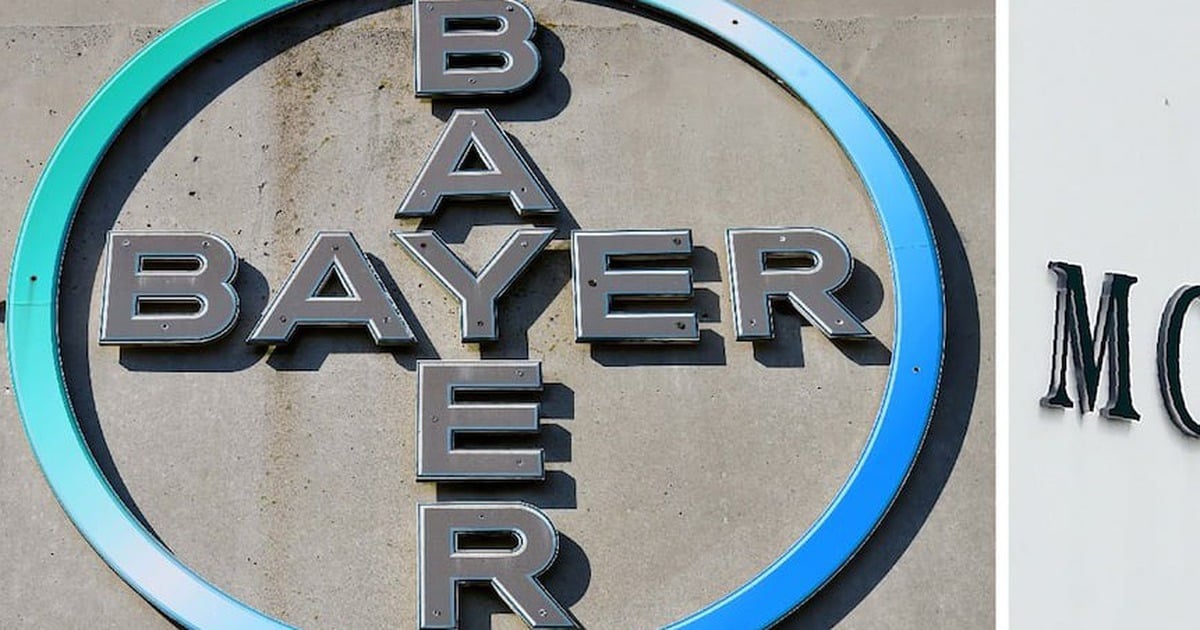

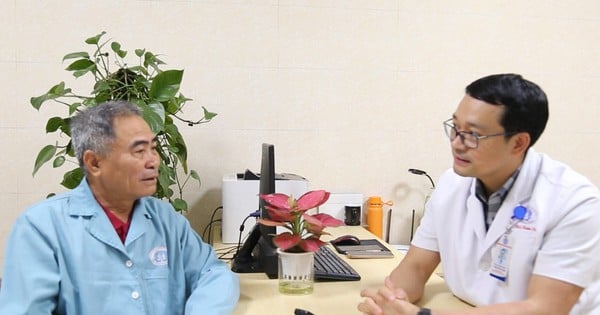

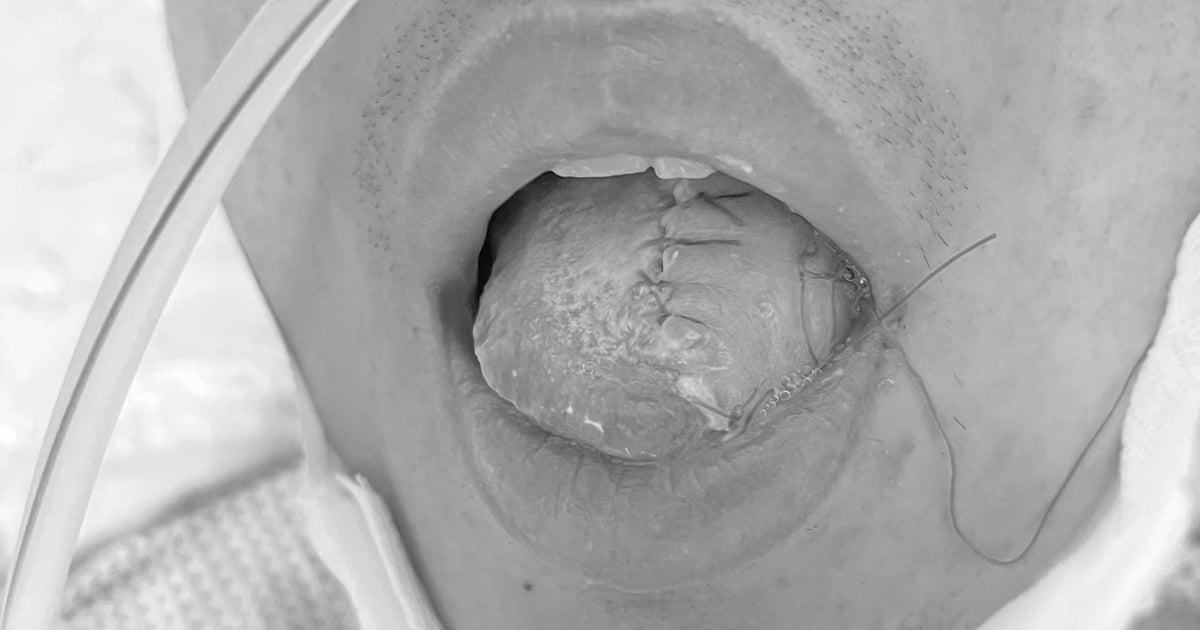















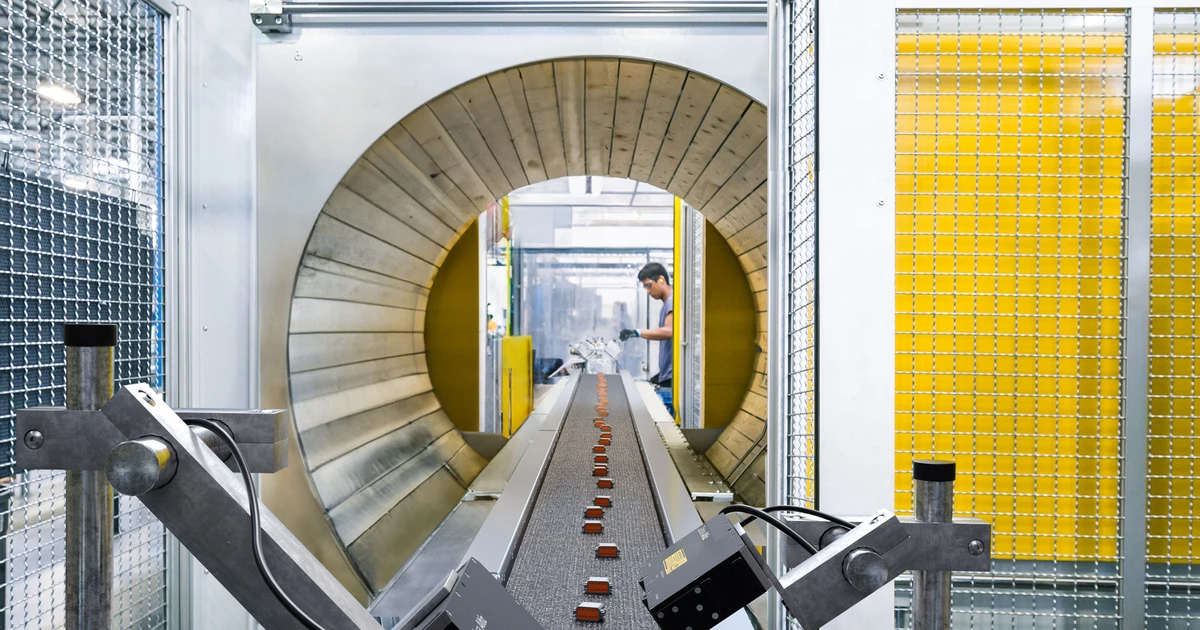
















































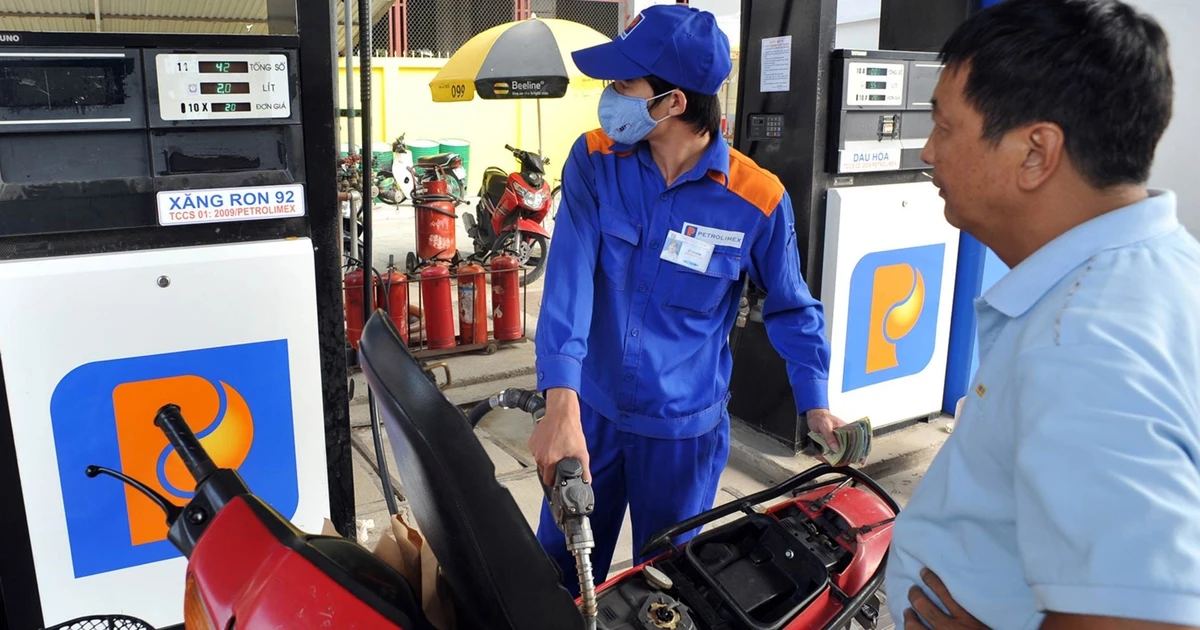












Comment (0)